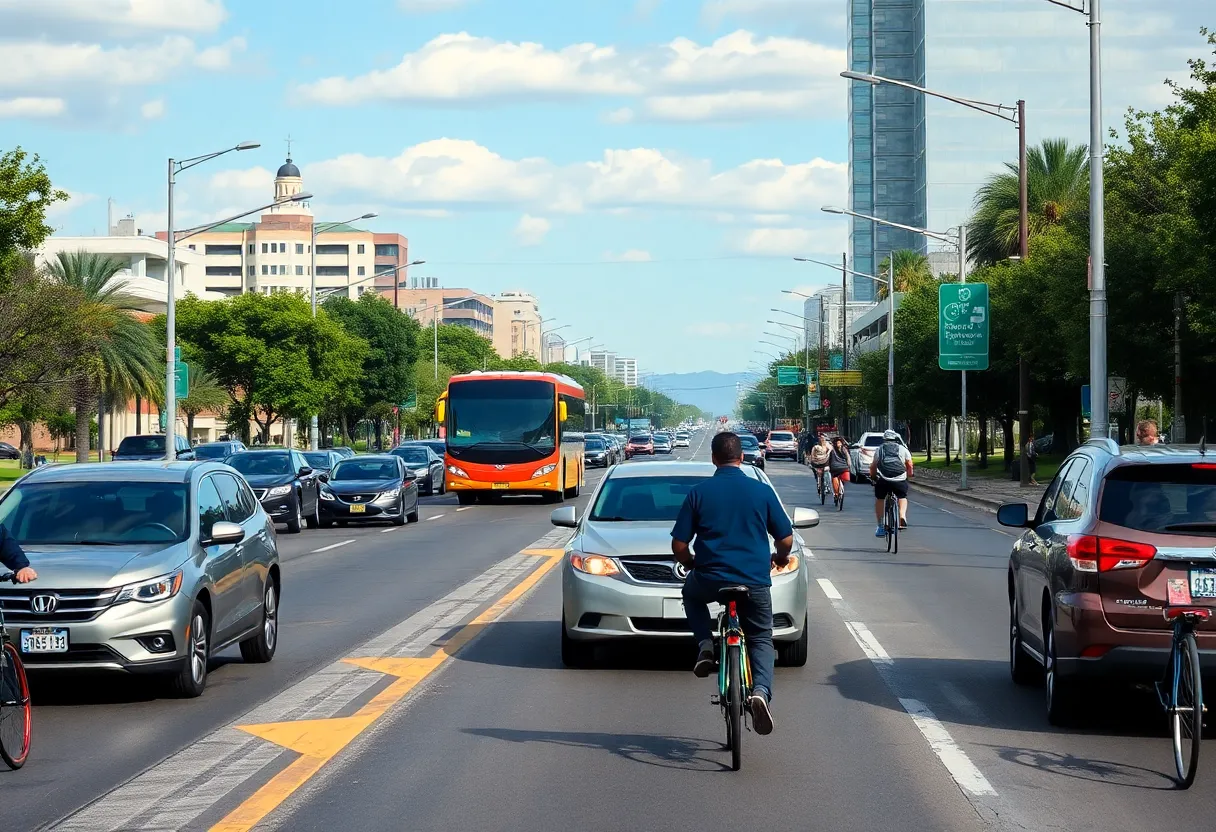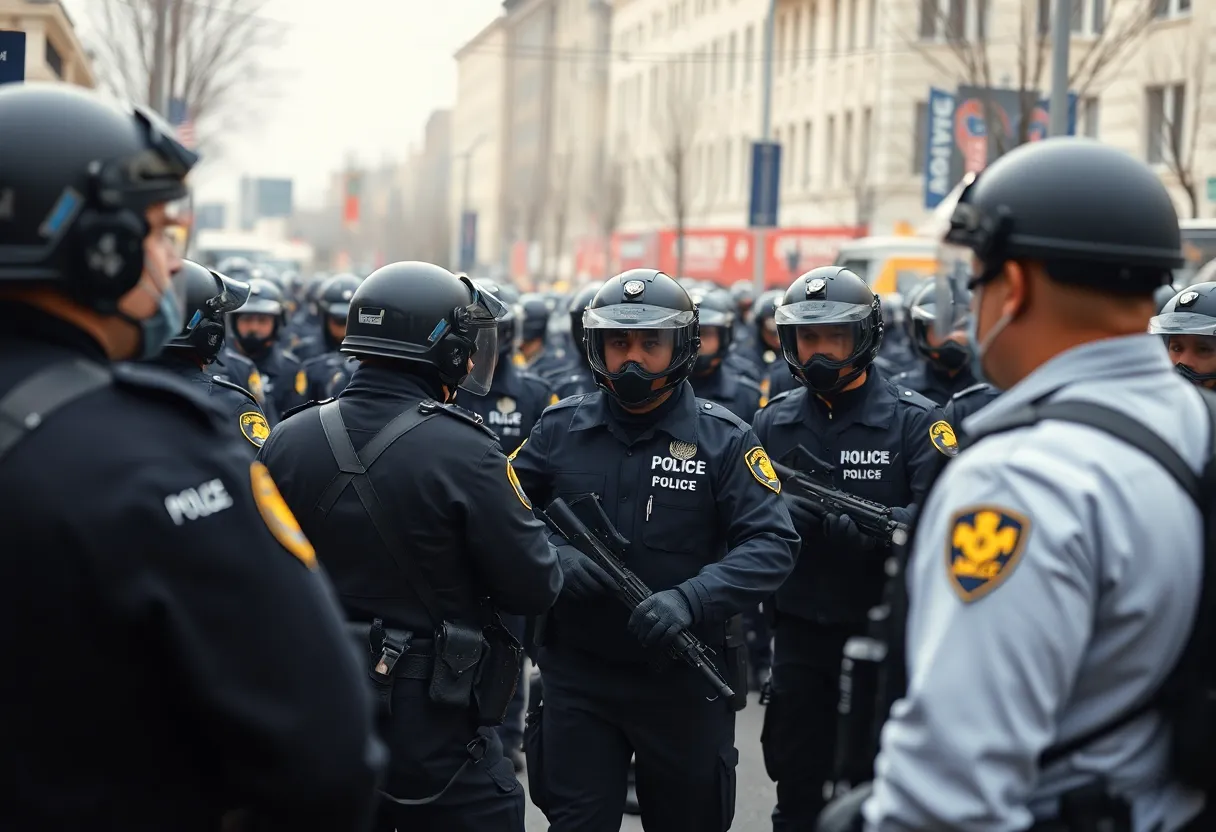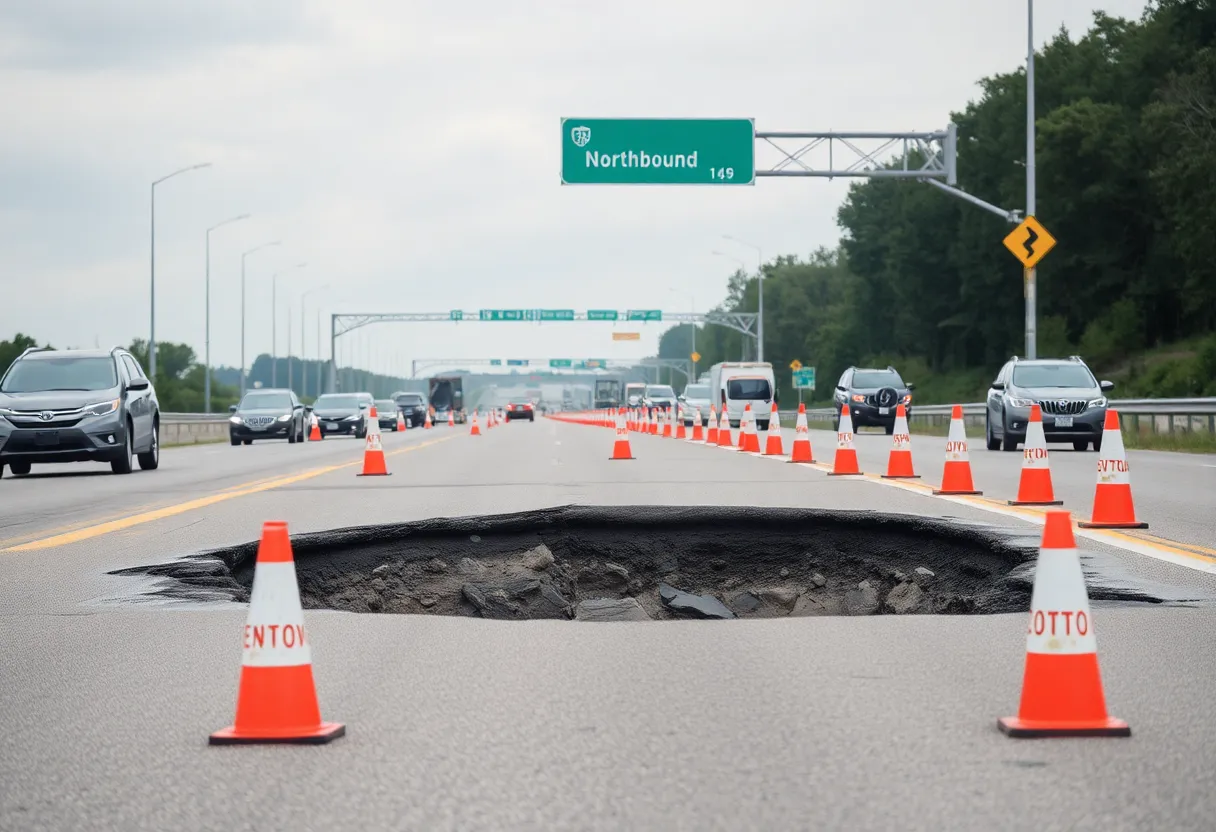News Summary
A proposed bill by State Senator Paul Bettencourt is causing a heated debate in Texas over restrictions on city roadway modifications. It seeks to limit broader sidewalks, bike lanes, and bus lanes, raising concerns about transportation safety as pedestrian deaths rise. While supporters advocate for motorists’ freedom, critics argue it undermines vital infrastructure improvements. The contentious issue has divided voices along political lines, questioning the future of transportation and infrastructure funding amidst safety and congestion challenges.
Texas Controversy: New Bill Aims to Limit City Road Modifications
In Houston, a new legislative proposal is stirring up a heated debate about how our roads should be designed. A bill spearheaded by State Senator Paul Bettencourt seeks to place restrictions on cities when it comes to modifying roadways for broader sidewalks, expanded protected bike lanes, and dedicated bus lanes. This move has ignited conversations not just in Houston but across Texas as individuals grapple with what this really means for our transportation safety and infrastructure.
A Clear Signal for Safety?
Bettencourt’s proposed legislation aims to prevent local governments from introducing vehicle bans, street closures, or that hot-button issue called congestion pricing. This is particularly relevant as it responds to initiatives like New York City’s congestion pricing program which imposes fees on vehicles entering busy urban zones. Supporters of the bill argue it’s all about protecting motorists’ freedom and preventing municipalities from imposing fines that could affect any form of transportation.
Critics’ Concerns Grow
However, not everyone is on board. Critics are raising alarm bells about the consequences this bill may have on necessary projects designed to tackle increasing traffic congestion and, more importantly, enhance safety for everyone on the road. Pedestrian deaths have been on the rise in Texas, a trend that is concerning to many. Furthermore, a leading voice in sustainability, Jay Blazek Crossley, has slammed the bill, calling it a “radical shift” away from progressive transport planning.
The Great Divide: Cars vs. Pedestrians
The ongoing battle over space on Texas roads has become a highly politicized topic. On one side stands the Texas Republican Party, which openly opposes what they call “anti-car measures” that limit travel freedom. Meanwhile, Democrats advocate for expanding public transit systems to combat climate change. Some senators have pointed out that the language within the bill is vague and raises questions about its practical implications for different modes of transport.
What Happens Next?
During a recent Senate hearing, the bill was left pending in committee as lawmakers continue to deliberate its impact. Bettencourt has indicated he is open to making revisions, so there may be changes coming soon. Advocates for safer streets, such as Austin resident Susan Spataro, have criticized efforts to create protected bike lanes, claiming they are impractical for everyday commutes. On the other hand, State Senator Molly Cook challenged this notion, reminding everyone of the rich history of walking and cycling in our communities long before cars became the norm.
Safety Versus Freedom
State officials have a rocky history of intervening in local projects that seek to enhance roadway safety. For example, in 2022, a San Antonio project aimed at reducing road lanes was thwarted by state legislation. Research shows that when protected bike lanes are installed, fatalities for all road users—including drivers—tend to decline, which makes the current trends in cities like Houston all the more alarming. Since 2018, Houston has reported a staggering 1,800 vehicle-related deaths, with nearly a third of those involving pedestrians alone.
The Future of Infrastructure Funding
In a twist, the new bill also has implications for toll money in Harris County, with proposed diverts of toll funds impacting local mobility projects. Some officials have fiercely opposed this redirection of funds, insisting that it would undermine crucial infrastructure work like filling potholes and enhancing intersections. The stakes are high as local toll roads generate about $300 million that is vital to keeping the city’s services running smoothly.
What Lies Ahead?
As lawmakers review this contentious bill, the broader discussion around traffic, infrastructure, and safety will continue to evolve. With increasing bike theft concerns, many Houston residents feel that safety measures are still not prioritized adequately within law enforcement. It remains to be seen how this conversation will affect the daily lives of citizens, as they navigate a city facing the ever-challenging balance between transportation safety and personal freedoms.
Deeper Dive: News & Info About This Topic
HERE Resources
Additional Resources
- ABC13 News
- Houston Chronicle
- Gainesville.com
- Houston Chronicle
- KHOU 11 News
- Wikipedia: Urban transport
- Google Search: Texas transportation safety legislation
- Google Scholar: traffic congestion Texas
- Encyclopedia Britannica: Traffic Safety
- Google News: Texas roads news








